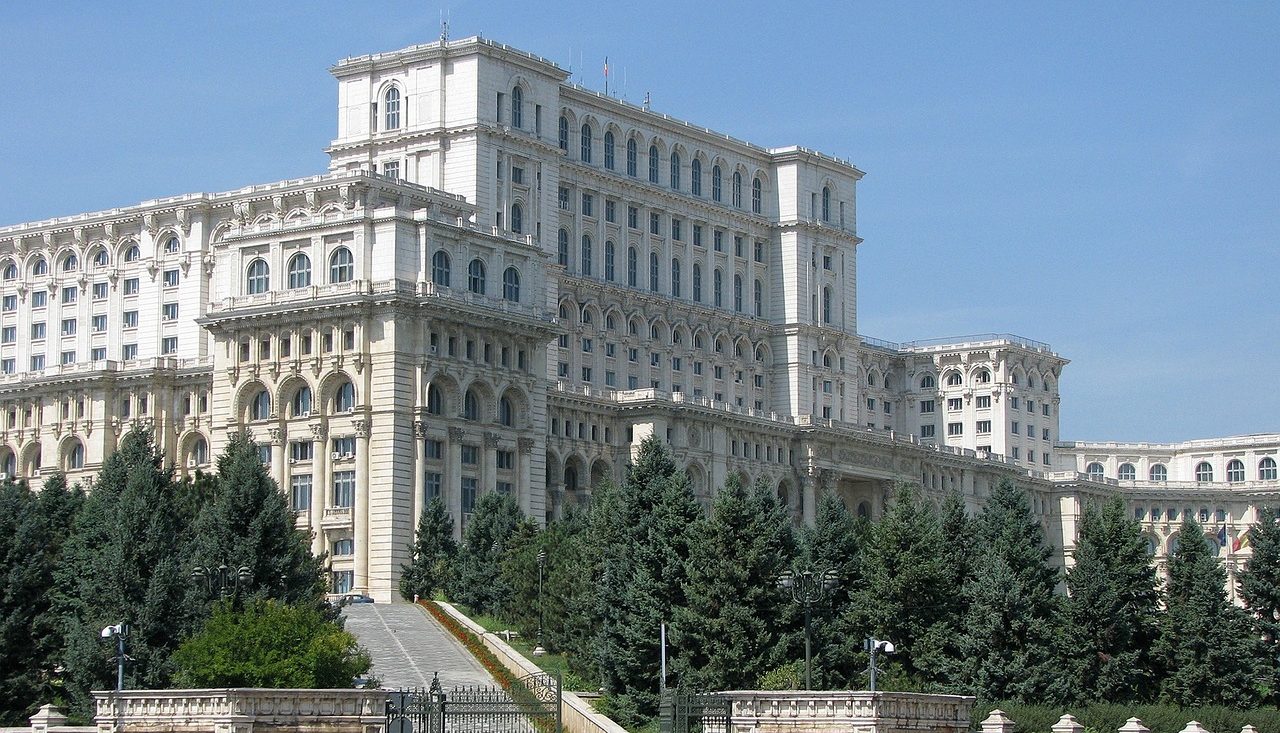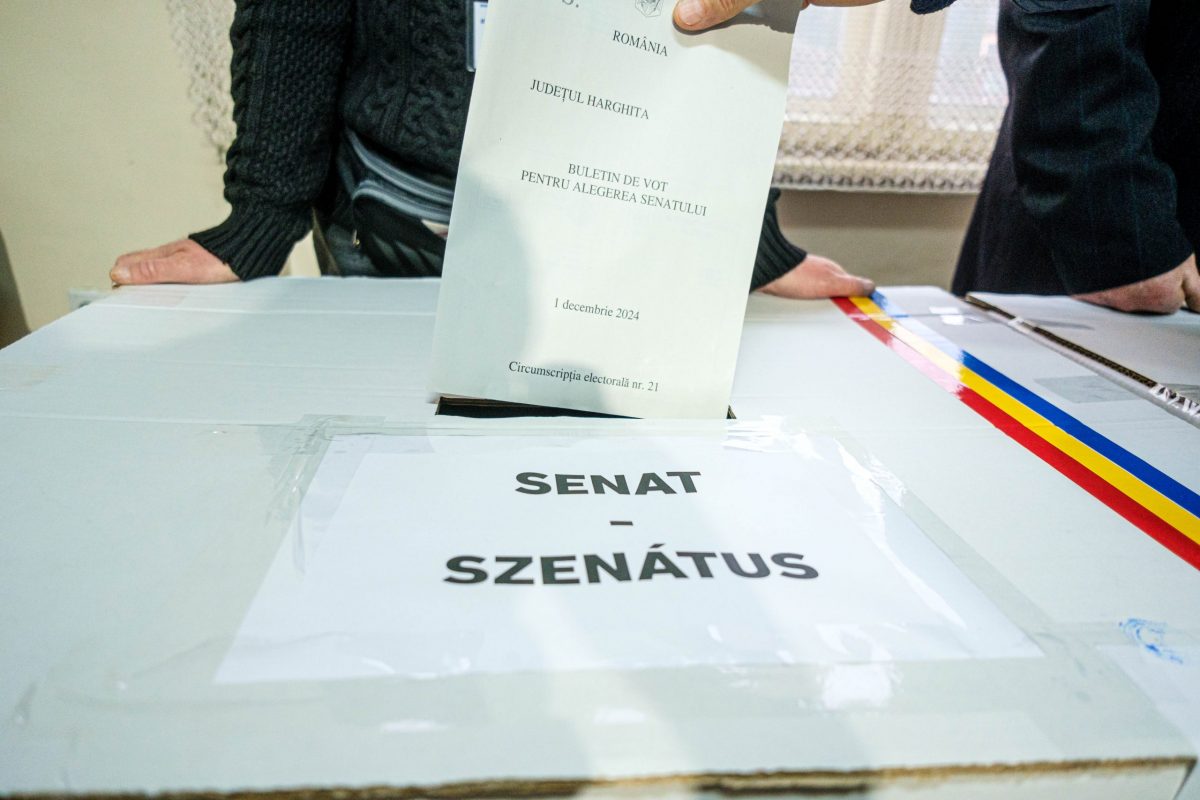
Hunor Kelemen highlighted the need for strong RMDSZ factions in the government.Continue reading

Romania’s parliamentary elections marked a critical juncture, with the Social Democratic Party (PSD) emerging victorious and the Democratic Alliance of Hungarians in Romania (RMDSZ) narrowly securing parliamentary representation. The elections, defined by high voter turnout and significant gains for far-right movements, underscore a shift in the nation’s political landscape and raise concerns for minority communities like the Hungarians of Transylvania.
The PSD secured 26% of the vote, maintaining its status as the leading party despite losing ground compared to previous elections. The far-right Alliance for Romanian Unity (AUR) achieved a remarkable surge, obtaining 19%, up from 8.5% in the previous parliament.
Voter turnout was notably high, with nearly 8% of the electorate casting votes by 10 a.m. local time, including a substantial number of ballots from abroad.
However, regions with a significant Hungarian population, such as Covasna and Harghita, reported lower turnout rates compared to the national average.
The rise of far-right groups remains a pressing issue. As we earlier reported, the AUR has adopted ultra-nationalist rhetoric, often targeting minority groups, including the Hungarian community, with anti-Hungarian sentiments woven into its platform. This trend has alarmed political analysts and minority leaders. We highlighted warnings from RMDSZ President Hunor Kelemen about the increasing support for extremist parties, which poses a “serious threat” to the Hungarian minority.
The far-right Diana Șoșoacă-led S.O.S. Romania also secured parliamentary entry, further solidifying the influence of radical ideologies.
Despite these challenges, the RMDSZ managed to cross the 5% threshold, securing its place in parliament. The party’s leader credited the Hungarian voters in Transylvania for their mobilization, particularly in light of the dangers posed by extremist forces. Speaking at the party’s headquarters in Cluj-Napoca (Kolozsvár), Hunor Kelemen thanked voters for their commitment and resilience, stating, “we are not the same, but we belong together, and that was important for everyone today.” He also emphasized that the election results demonstrate the Hungarian community’s willingness to stand united in the face of adversity.
Foreign Minister Péter Szijjártó praised Hungarians in Transylvania and Szeklerland for ensuring strong Hungarian representation in Bucharest through RMDSZ’s “fantastic result.” He emphasized that this success guarantees Hungarians a significant voice in parliament and supports the development of Hungarian-Romanian relations.
Adding an international dimension to the electoral discussion, Hungarian Prime Minister Viktor Orbán described the Romanian elections as a “laboratory” for the use of modern technology, particularly platforms like TikTok (that Călin Georgescu used for his campaign) in influencing voter behavior. His remarks, aired on Kossuth Radio, highlighted the risks of unchecked technological interference in democratic processes and noted that Hungary could learn from Romania’s experience.
This perspective has generated significant interest in both Bucharest and Budapest, with analysts scrutinizing the potential implications for broader regional politics.
The Romanian elections have not only reaffirmed the PSD’s dominance but also signaled the growing strength of far-right parties, which poses new challenges for democratic stability and minority rights. For the RMDSZ, the narrow parliamentary entry underscores the precarious position of the Hungarian minority amid these political shifts. As the far-right gains traction, minority leaders and international observers will need to remain vigilant to safeguard democratic values and community rights.
Via MTI, 24.hu, Index, Krónika Online, Transtelex; Featured Image: MTI / Veres Nándor